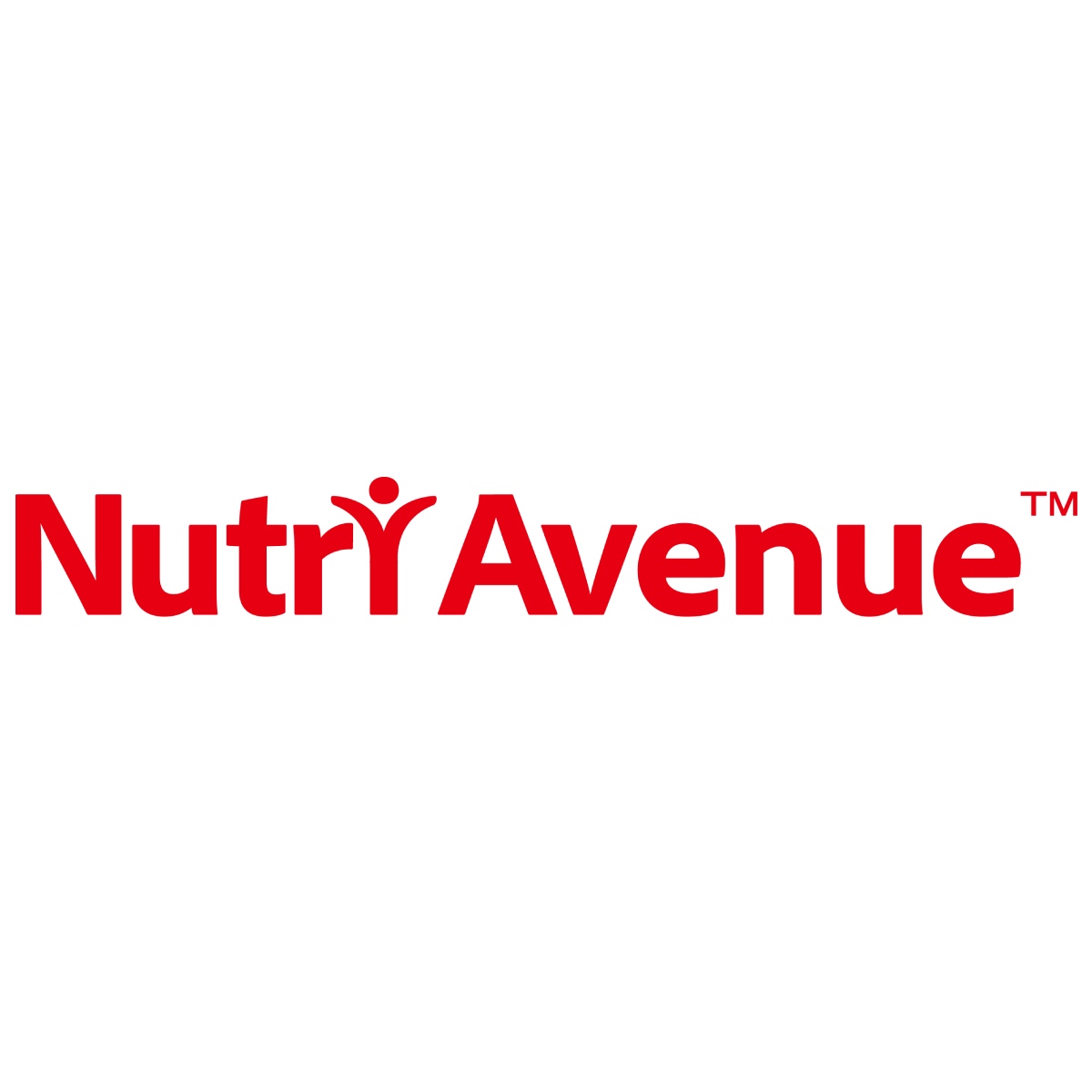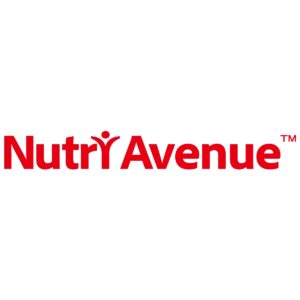What Is Vitamin B 13?
Vitamin B13 is not an officially recognized vitamin by the International Union of Pure and Applied Chemistry (IUPAC) or the World Health Organization (WHO). It was once considered a vitamin but is now considered a misnomer for two different compounds: orotic acid and its derivative, uridine monophosphate.
Here is some information about orotic acid:
- CAS Number: 65-86-1
- Molecular Weight: 156.11 g/mol
- Molecular Formula: C5H4N2O4
- Other names: 1,2,3,6-Tetrahydro-2,6-dioxo-4-pyrimidinecarboxylic acid, pyrimidinecarboxylic acid, vitamin B13 (obsolete)
Here is some information about uridine monophosphate:
- CAS Number: 58-97-9
- Molecular Weight: 324.21 g/mol
- Molecular Formula: C9H13N2O9P
- Other names: uridine 5′-monophosphate, uridylic acid, uridine phosphate, vitamin B13 (obsolete)
Notably, neither orotic acid nor uridine monophosphate is considered an essential human nutrient. The body can synthesize independently and does not need to be obtained from the diet.
Other names for orotic acid:
- 2,4-Dioxo-1H-pyrimidine-5-carboxylic acid
- Orotic acid hemihydrate
- Vitamin B13 (obsolete)
Other names for uridine monophosphate:
- Uridine 5′-monophosphate
- Uridylic acid
- Uridine phosphate
- 5′-UMP
- Vitamin B13 (obsolete)
Is VB13 A Niacin?
Niacin, often known as Vitamin B3, is a vitamin that is required for human health. It is crucial in energy production, DNA repair, and cellular metabolism. Niacin can be obtained from the diet or synthesized in the body from the amino acid tryptophan.
Niacin comes in two forms: nicotinic acid and nicotinamide (niacinamide). Nicotinic acid is commonly used as a dietary supplement to treat or prevent niacin deficiency and related conditions, such as pellagra. It can also be found in various foods, such as meat, fish, and whole grains. Conversely, Nicotinamide is utilized in skin care products and may also be found in multiple meals, including dairy goods and eggs.
Vitamin B13, on the other hand, is a misnomer that was once used to refer to two compounds: orotic acid and uridine monophosphate. Orotic acid is a pyrimidine carboxylic acid produced in the body as an intermediate in the biosynthesis of pyrimidine nucleotides. It’s also present in various foods, including dairy, liver, and cereals. Uridine monophosphate is a nucleotide that contributes to RNA production and cell signaling. It is produced in the body from uridine or uracil, which are found in various foods, such as meat, fish, and mushrooms.
However, neither orotic acid nor uridine monophosphate are essential vitamins for human nutrition. The term “Vitamin B13” is no longer used in modern nutritional science. It is important to note that any product marketed as such is not recognized as a vitamin by reputable scientific organizations.
Which Foods Have High B13?
Vitamin B13 is a misnomer that was once used to refer to two compounds: orotic acid and uridine monophosphate. However, neither orotic acid nor uridine monophosphate are essential vitamins for human nutrition. Therefore, there are no specific dietary recommendations for Vitamin B13 intake or foods considered high in Vitamin B13.
Orotic acid is found in small amounts in some foods, such as dairy products (e.g., milk, cheese), organ meats (e.g., liver, kidney), and some grains (e.g., barley, oats). Uridine is found in various foods, such as meat, fish, and mushrooms. However, these foods’ amounts of orotic acid and uridine are generally low. The body can synthesize both compounds independently, so consuming them as part of the diet is unnecessary.
It’s worth noting again that neither orotic acid nor uridine monophosphate is currently considered an essential vitamin for human nutrition. The term “Vitamin B13” is no longer used in modern nutritional science. Thiamin (B1), riboflavin (B2), niacin (B3), pantothenic acid (B5), pyridoxine (B6), biotin (B7), folate (B9), and cobalamin (B12) are the essential B vitamins.
What Is The Source Of Vitamin B 13 Powder?
Vitamin B13 is a misnomer that was once used to refer to two compounds: orotic acid and uridine monophosphate. However, neither of these compounds is considered a proper vitamin nor essential for human health. Therefore, there is no such thing as Vitamin B13 powder.
Orotic acid and uridine monophosphate can be produced synthetically or obtained from natural sources. Orotic acid can be obtained from barley, yeast, molasses, and uridine monophosphate from yeast, fish, and organ meats such as liver and kidney. However, as previously mentioned, the body can synthesize both compounds independently, and are not considered essential nutrients.
It’s important to note that any product marketed as Vitamin B13 or containing Vitamin B13 is not recognized as a vitamin by reputable scientific organizations, and the term is not used in modern nutritional science. If you are looking for a particular vitamin or nutrient, focusing on the essential vitamins and minerals recognized as important for human health is best.
What Is The Manufacturing Process Of Vitamin B 13 Powder?
Vitamin B13 is a misnomer that was once used to refer to two compounds: orotic acid and uridine monophosphate. However, neither of these compounds is recognized as an essential vitamin, so there is no standardized manufacturing process for Vitamin B13 powder.
Orotic acid and uridine monophosphate can be produced synthetically or obtained from natural sources. For example, orotic acid can be obtained from barley, yeast, molasses, and uridine monophosphate from yeast, fish, and organ meats such as liver and kidney. However, it’s worth noting that these compounds are not commonly used in dietary supplements or other products. Any product marketed as Vitamin B13 may not contain either combination.
Generally, the manufacturing process for dietary supplements and other products involves sourcing raw materials, testing them for purity and potency, and then formulating and blending them into a final product. The specific process can vary depending on the development and manufacturer, and manufacturers must adhere to Good Manufacturing Practices (GMPs) to ensure the quality and safety of their products.
Suppose you are interested in a particular vitamin or nutrient. In that case, it is best to focus on the essential vitamins and minerals recognized as important for human health and choose products from reputable manufacturers that adhere to GMPs.
Is Vitamin B13 Good For Hair Growth?
There is no scientific proof that Vitamin B13, formerly known as orotic acid and uridine monophosphate, is beneficial for hair development.
While orotic acid and uridine monophosphate play essential roles in the body, including in cellular metabolism and nucleic acid synthesis, there is no direct link between these compounds and hair growth. Furthermore, neither orotic acid nor uridine monophosphate is recognized as an essential vitamin for human nutrition.
However, several vitamins and minerals are essential in hair growth and health. These include biotin (B7), niacin (B3), vitamins C, D, E, iron, and zinc. Suppose you are looking to support healthy hair growth. In that case, it is recommended to focus on a balanced diet that includes a variety of nutrient-rich foods or consider taking multivitamins or other supplements specifically formulated to support hair, skin, and nail health.
What Industries Can Apply VB 13 Powder?
Vitamin B13, also known as orotic acid, is a lesser-known B vitamin with limited information on its properties and uses. However, it is thought to play a role in synthesizing pyrimidines, essential components of nucleic acids (DNA and RNA).
While the research on Vitamin B13 is not as extensive as other B vitamins, there are a few potential industries where its powder form could be applied:
- Nutraceuticals and Supplements: As a dietary supplement, Vitamin B13 could be added to multivitamin formulas or produced as a standalone product to support overall health and well-being.
- Animal Feed: To promote optimal development and growth in cattle, vitamin B13 might be utilized as a component in animal feed.
- Cosmetics and Personal Care: Orotic acid may find application in skincare products, such as creams and lotions, for its potential antioxidative and moisturizing properties.
- Pharmaceutical: While the exact benefits of Vitamin B13 in human health are still unclear, future research may discover potential therapeutic uses for the vitamin. The pharmaceutical industry could develop medications or therapies incorporating Vitamin B13 powder in that case.
How About The Future Of The Vitamin B13 Ingredient Market?
The future of the Vitamin B13 ingredient market is still being determined due to limited research and understanding of its properties and benefits. There are a few variables that might influence the market’s growth:
- Increased Research: If more research is conducted on Vitamin B13 and its benefits are established, there could be an increased demand for the ingredient in various industries, such as nutraceuticals, pharmaceuticals, cosmetics, and animal feed. It would likely drive the growth of the Vitamin B13 ingredient market.
- Consumer Awareness: As consumers become more health conscious, the demand for nutritional supplements, functional foods, and specialized ingredients may grow. If Vitamin B13 is found to offer significant health benefits, this could create an opportunity for its market expansion.
- Regulatory Approval: The growth of the Vitamin B13 ingredient market will be influenced by regulatory bodies such as the FDA, EFSA, or other global health organizations. If these agencies approve using Vitamin B13 in specific applications or recognize its health benefits, it could positively impact the market.
- Technological Advancements: Advances in processing and manufacturing technology may make producing Vitamin B13 in powder form more accessible and cost-effective, resulting in greater market demand.
Overall, the future of the Vitamin B13 ingredient market is highly dependent on the outcomes of ongoing and future research, as well as consumer awareness and regulatory approval. If significant benefits are discovered, and the market is well-positioned to respond to the demand, the Vitamin B13 ingredient market could experience growth.
Where Can I Buy VB 13 Orotic Acid Powder Online?
Nutri Avenue is a bulk raw supplement ingredients supplier you are worth trusting to purchase VB13 powder. Our products are tested by a third party and certified by Kosher, Halal, GMP, etc. And if you have any demand for supplement ingredients, please get in touch with our sales team to get more details, such as COA, price, etc.








